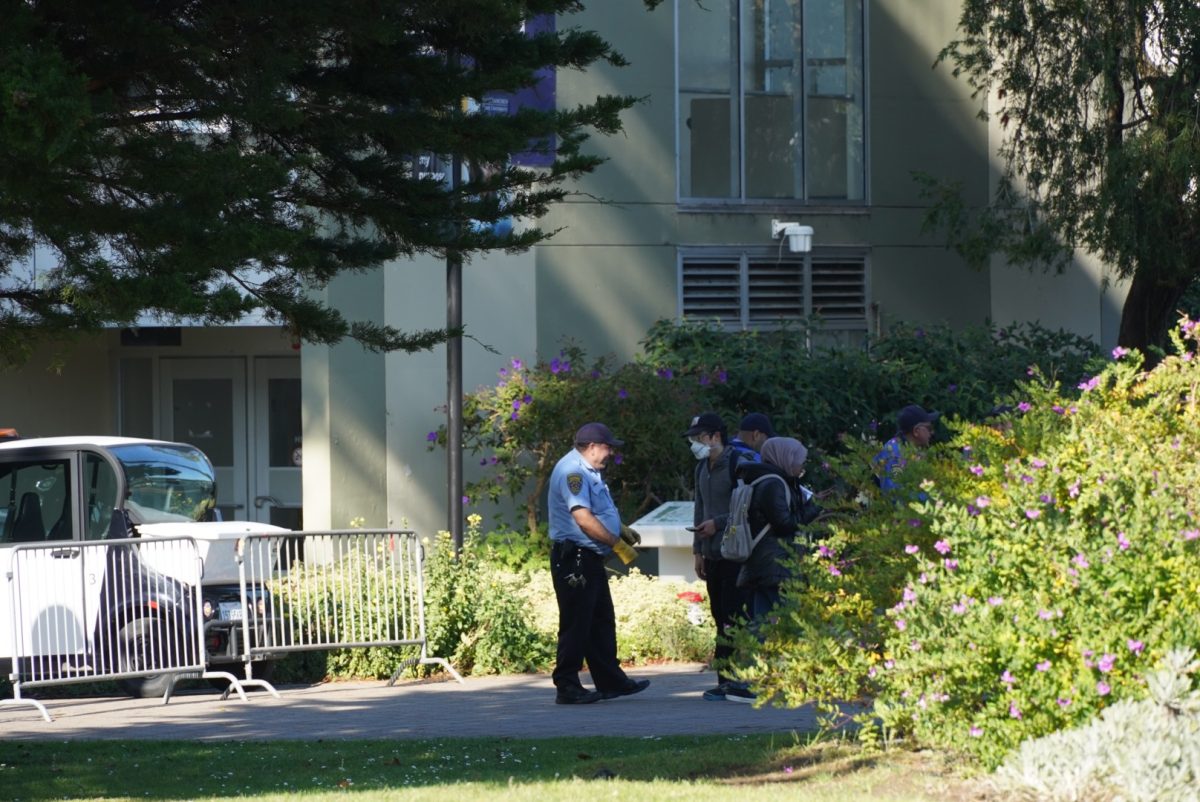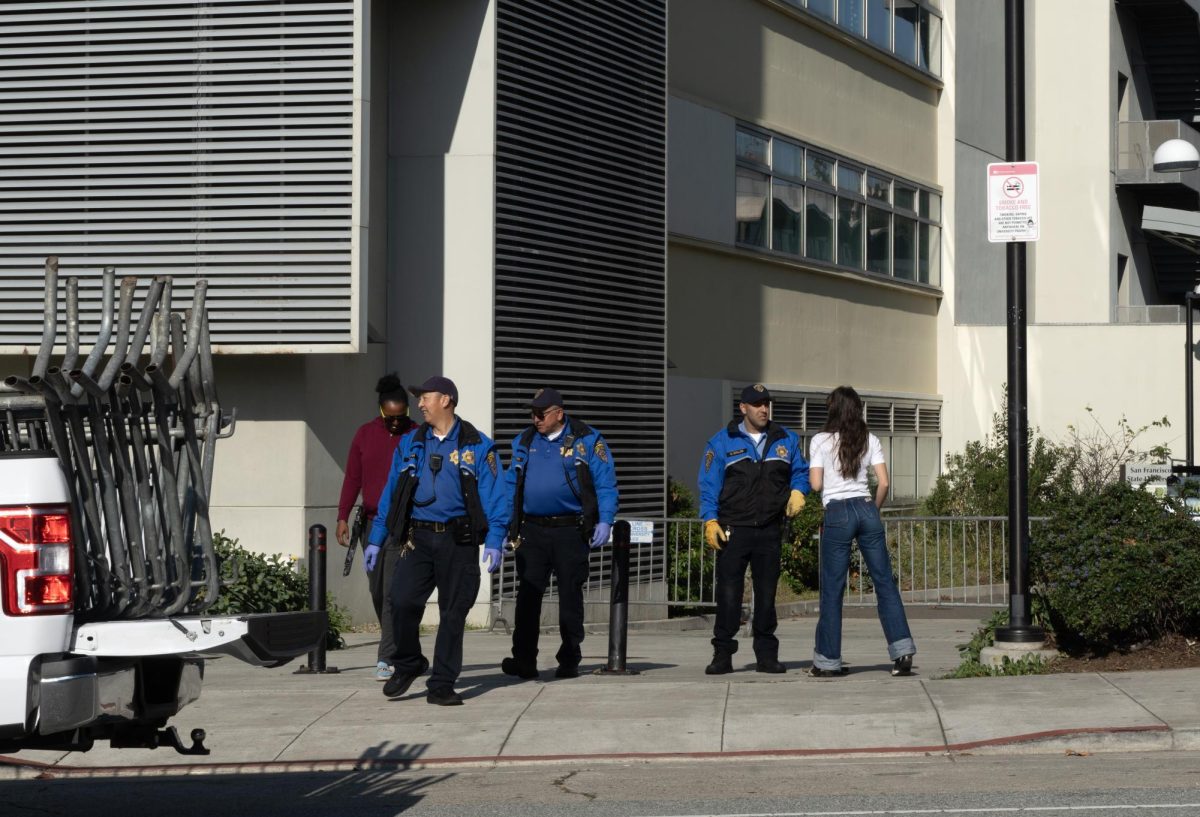Studying Abroad for undocumented students

If you’re an undocumented student, the first step is to talk to an immigration lawyer first to figure out whether or not you can participate in an exchange program and the risks of doing so, according to Griselda Madrigal Lara, the DREAM Resource Center coordinator.
“It’s definitely important to meet with an attorney months in advance before you are planning on leaving. So that would be the biggest difference,” said Madrigal Lara. “It will depend on case to case, but then again, that’s why the consultations are so important.”Those consultations would be through Immigrant Legal Defense, a law firm that participates in CSU’s Immigration Legal Services Project, which provides free legal consultations about immigration-related issues to CSU students and employees, their families, recent alumni and admitted students.
“The majority of the students that I know that have studied abroad — they do have DACA, which is Deferred Action for Childhood Arrivals,” said Madrigal Lara. “It is a little difficult to have that now that they’re not accepting initial applications, so I think that definitely affects how many [undocumented] students are studying abroad.”
The most challenging part of the process could be returning, said Madrigal Lara.
“Entering through customs could be scary because they tell you that it’s discretionary, right? Like the person at customs can either let you in or not let you in,” said Madrigal Lara, who visited family and related the experience to how it would be to return as an undocumented exchange student. “As an undocumented person myself going through advance parole with Deferred Action for Childhood Arrivals, that was a little scary, but according to the attorneys, it has never happened that people don’t get back in.”
Money might also be an issue. The California Dream Act Application (CADAA) is similar to the Free Application for Federal Student Aid (FAFSA) in determining eligibility for state financial aid and loans. However, the CADAA doesn’t determine eligibility for federal financial aid.
“Undocumented students don’t qualify for FAFSA, which can be more than the California Dream Act,” said Madrigal Lara.
This means CADAA applicants can’t receive Pell Grants, which are federal aid. In turn, they’re not eligible for the Gilman Scholarship, an award of up to $8,000.








